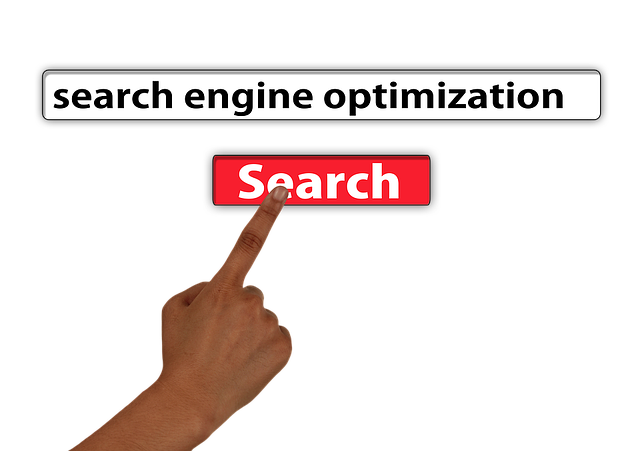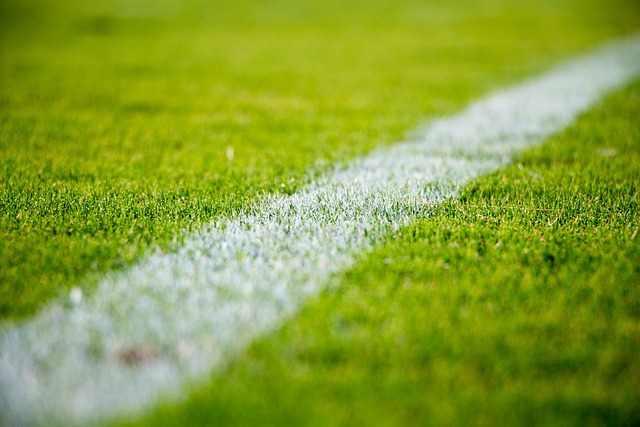Cluttered spaces hinder productivity by overloading our brains, but organized environments enhance cognitive function, reduce stress, and improve decision-making—crucial in today's fast-paced world. Home organization and decluttering can significantly boost productivity through strategies like sorting items, using tailored storage, scheduling regular decluttering sessions (15-30 minutes weekly), embracing minimalism with a "one-in, one-out" policy, and digitally decluttering files and emails. Combining physical and digital decluttering creates an environment conducive to sustained productivity.
“Unclutter your space, unlock your productivity! Discover the powerful connection between organized environments and heightened performance. This article explores the science behind clutter and its impact on our focus, offering practical strategies for effective home organization and decluttering. From initial steps to long-term maintenance, we provide tips to help you create a productive haven. Learn how a calm, streamlined space can boost your productivity and overall well-being through proven Home Organization and Decluttering techniques.”
- The Science Behind Clutter and Its Impact on Productivity
- Strategies for Effective Home Organization and Decluttering
- Tips to Maintain a Decluttered Space and Boost Productivity Long-Term
The Science Behind Clutter and Its Impact on Productivity
Clutter, a common issue in both personal and professional spaces, has been linked to decreased productivity by numerous studies. The science behind this phenomenon reveals that our brains process visual information constantly, even when we’re not consciously aware of it. A cluttered environment overloads this cognitive function, making it harder to focus on tasks at hand. Research suggests that the brain’s prefrontal cortex, responsible for decision-making and executive functions, becomes engaged in trying to process and organize sensory inputs from a messy space. This mental effort diverted from the primary task at hand can significantly impact productivity levels.
Home organization and decluttering have emerged as powerful tools to combat this issue. By reducing visual clutter, individuals create environments that support clarity of thought and improved focus. Studies show that organized spaces promote a sense of calm and reduce stress, allowing for better mental performance. This is especially relevant in today’s fast-paced world where productivity demands are higher than ever. A decluttered home or workspace doesn’t just look neater; it optimizes cognitive function, making it easier to prioritize tasks, make decisions, and ultimately, achieve more.
Strategies for Effective Home Organization and Decluttering
Creating a clutter-free home is not just about aesthetics; it’s a powerful tool to enhance productivity. Effective home organization and decluttering strategies involve a mindful approach to space management. Start by categorizing items into keep, donate, or discard piles. This simple step helps you visualize what truly adds value to your life. Next, implement storage solutions tailored to each item type—benches with compartments for toys, vertical shelves for books, or clear bins for miscellaneous items.
Regularly scheduled decluttering sessions, say, 15 minutes daily, can prevent the build-up of clutter. Involve every family member in this process to foster a sense of collective responsibility. Think vertically by utilizing underutilized spaces like empty wall areas and door backs for storage. Finally, maintain the newly organized space by adopting a “one-in, one-out” rule for new purchases, ensuring your home organization and decluttering efforts remain fruitful in the long term.
Tips to Maintain a Decluttered Space and Boost Productivity Long-Term
To maintain a decluttered space and boost productivity long-term, consider implementing several key strategies. Regularly scheduled decluttering sessions are essential; set aside just 15-30 minutes each week to tidy up and remove any items no longer needed or used. This proactive approach prevents clutter from accumulating rapidly. Invest in quality storage solutions like baskets, boxes, and shelves designed to keep spaces organized while also enhancing aesthetics. Labeling these containers makes it easier to maintain order and quickly find items when required.
Additionally, embrace minimalism by questioning the necessity of each item before acquiring new ones. Practicing conscious consumption reduces clutter at its source. Incorporate a “one-in, one-out” policy where, for every new item brought in, another must be removed to maintain balance. Maintaining a digital declutter is equally vital; organize files on your computer and delete or archive old emails, documents, and media to free up mental space. Combining physical and digital decluttering creates an environment conducive to sustained productivity.
By implementing effective home organization and decluttering strategies, you can transform your space into a productive sanctuary. The science behind clutter highlights its negative impact on mental clarity and focus, making a cluttered environment a productivity killer. However, by adopting simple techniques like the 5-minute cleanup challenge and creating designated storage areas, you can maintain a decluttered space that fosters concentration and efficiency. Embrace the power of minimalism to boost your productivity and enjoy a calmer, more organized home life.














